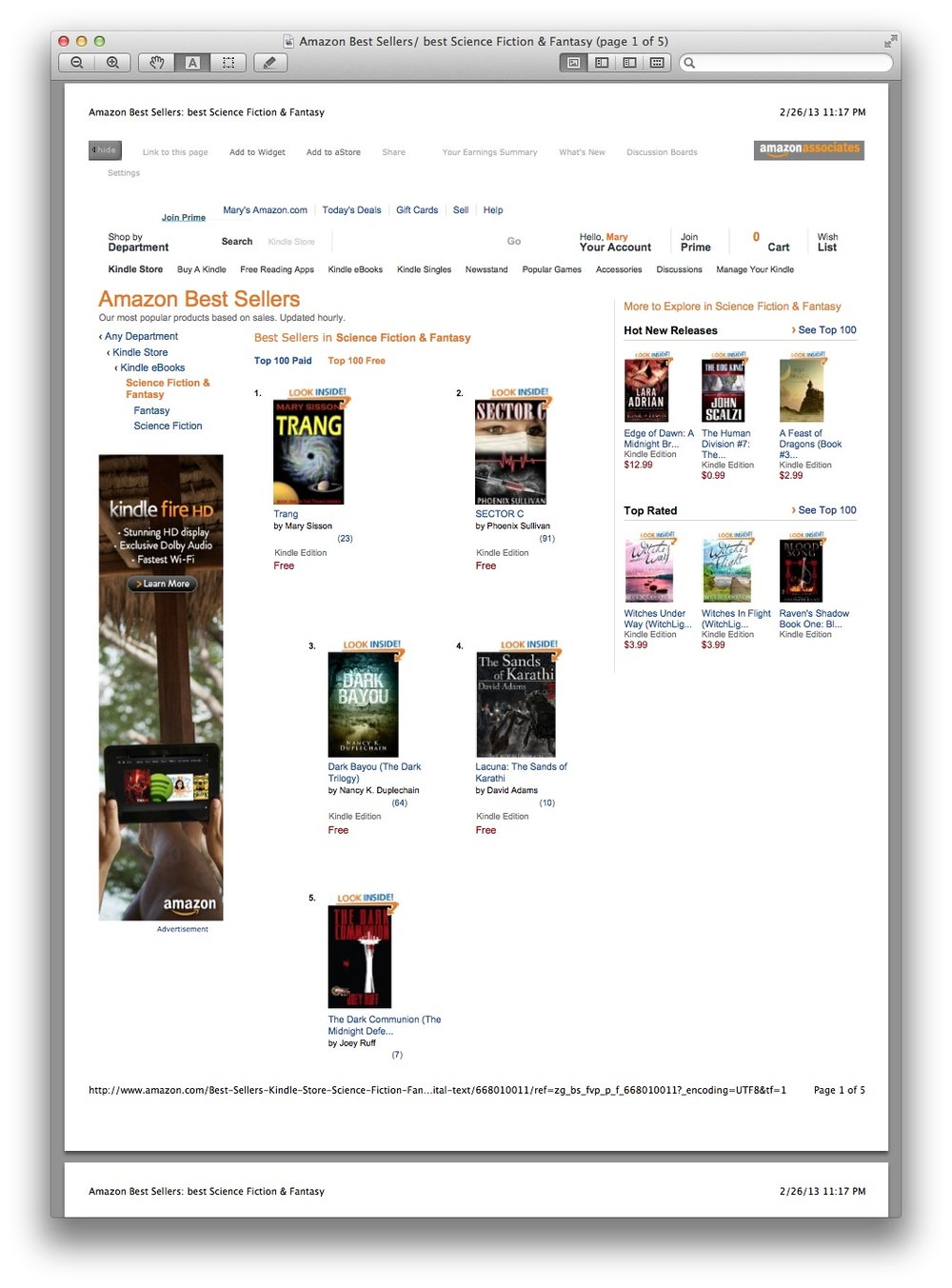So, these past few weeks haven't been a very productive time. Some of it is the kids, some of it is the issue of being bored with a beta task but not with-it enough to write.
And some of it, I must confess, is k-drama.
What is that? Korean telenovelas. This all started after I read this article and decided that, if other people are destroying their lives by watching 28 hour-long episodes of Shining Inheritance in a row, why shouldn't I?
So I popped some Korean dramas into my Netflix queue and got on with life, ignoring the little time bombs I had set for myself.
Well, I never watched more than one episode of Shining Inheritance (it reminded me too much of Dallas and Dynasty). The problem is that I started with a much more dangerous show: My Girlfriend Is a Gumiho.
What's a gumiho? Oh, you can find out about that here. You can also find out what an oppa and a noona are, and the difference between jondaemal and banmal. Oh, and what are mania dramas? What's the live-shoot system? Did you know that the Korean wave now so dominates Asian entertainment that there are dating services in Japan specializing in Korean men?
You see the problem? It's not just a show, it's a research project. Add on the facts that Gumiho is rather like Buffy, that I am apparently a natural fan of the Hong sisters, and that Netflix is pulling a bunch of these shows off streaming March 1st (A DEADLINE! AIIIIGGGGGHHHH!!!), and I've got the perfect storm of time-suckage.
Really, who needs crack?
So, I started with Gumiho, went on to Secret Garden, and then had to make some tough choices because there was no way I'd get more than one series in by March 1st. So I went with another Hong sisters drama, You Are Beautiful, and now I want to watch that one again but there just isn't time! (The DVDs are fricking $110 a set, too. Way to price yourselves out of the market, idiots.)
Instead, I've been thinking about why the shows are compelling, even when they're kind of disappointing. (The live-shoot system basically means that the quality of the show is guaranteed to degrade in the later episodes, which really works against the strength of a telenovela in my opinion. One nice thing about the Hong sisters is that they plot things out in advance--and whether they like it or not, the fact that their shows aren't popular enough to get a few extra episodes tacked on to the end at the last minute is also helpful. I think Secret Garden would have been a much better show if it hadn't done so well in the ratings.)
Certain conventions in Korean dramas seem...odd to me. For example, they use soliloquies, which strikes me as a little unnecessary because the acting is usually quite good. A lot of tears get shed: You get about three-quarters of the way through and everyone's just weeping and weeping and weeping. These are romances, but they can't show a lot of physical intimacy, so guys demonstrate their interest in girls by grabbing their forearms and dragging them around like they were a sack of beans. (Honestly, girls, just do the "wax on" thing, OK? That's an easy hold to break.)
But thinking about why I like these shows (despite not being too crazy about romances), is that they tend to be in the Pride and Prejudice school of romance-as-a-mutually-beneficial-partnership, rather than the Twilight school of romance-as-salvation-for-the-woman.
In other words, in the k-dramas I found compelling (and even in the one I didn't), the guys need work. There's certainly a fantasy element to the men (they're typically rich and/or famous, plus good looking and capable of eventually becoming a worthwhile and stable partner), but at the beginning, they tend to be pretty seriously damaged. They need to learn some life lessons and become better people. Likewise the woman typically needs help and/or work, which she receives from the guy.
It is simply more gratifying to me to see a partnership develop where both parties have something to offer and both are improved. You don't have this useless wad of a gal sitting around feeling sorry for herself until Mr. Wonderful rides in on his white horse and wooshes her away to his magic castle.
I really don't like the notion that it's someone else's job to fix you--in my experience, you either fix yourself, or you stay broken. That's probably the core of my discomfort with romance, because these days the barriers tend to be internal, which usually means that there's a damaged person there who needs to be fixed.
But--and I realize this sounds like a subtle distinction--I don't mind it when a character is motivated to fix themselves in order to obtain a romantic goal (or any other kind of goal).
That's why Knocked Up didn't bother me, even thought the Seth Rogan character was, you know, a Seth Rogan character--a seemingly hopeless man-child. The Katherine Heigl character explicitly surrenders the job of fixing him. She means that in a positive way (she doesn't want him to change), but her leaving the ball in his court essentially forces him to take responsibility for his own life and his own choices for the first time.
And that's what these k-dramas get right. The guys (and the women) grow, and they grow on their own. They do it for the other person of course, but they also do it very much for themselves.
I know damned well there are people who are completely incapable of growth--the notion that people can improve themselves is in its own way something of a fantasy. But many people (sometimes some very surprising people) do grow. And I'm not such a black-hearted cynic that I can't enjoy it in fiction.

